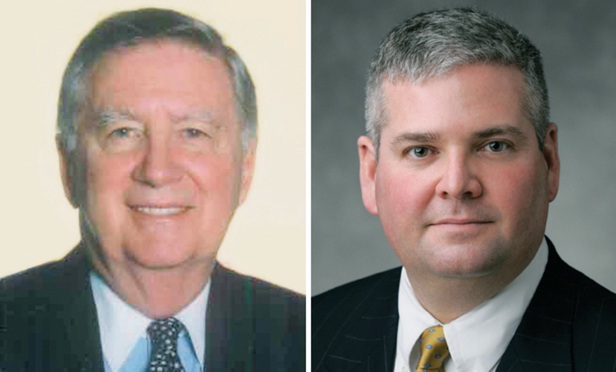We welcome the new year by discussing three decisions issued by the Court of Appeals in December. The first decision answered a question certified by the U.S. Court of Appeals for the Second Circuit by declining to recognize a cause of action for medical monitoring brought by smokers who have not been diagnosed with a smoking-related disease. In the second decision, the court applied New York’s journalistic shield law to protect a New York reporter from being required to disclose her sources in an action brought in Colorado arising out of the tragic Aurora movie theater shooting. Finally, the court found that the statute of frauds did not enable a successful auction bidder with “buyer’s remorse” to avoid his obligation to complete the purchase.
Medical Monitoring
Writing on behalf of a four-judge majority in Caronia v. Philip Morris USA, Judge Eugene F. Pigott declined to recognize an independent equitable cause of action for medical monitoring on behalf of smokers who had not yet suffered an injury in the form of a smoking-related disease. Although the majority and the dissent in this case reached opposite conclusions, each based their decision largely on a detailed analysis of the policy implications of their respective views.
This content has been archived. It is available through our partners, LexisNexis® and Bloomberg Law.
To view this content, please continue to their sites.
Not a Lexis Subscriber?
Subscribe Now
Not a Bloomberg Law Subscriber?
Subscribe Now
LexisNexis® and Bloomberg Law are third party online distributors of the broad collection of current and archived versions of ALM's legal news publications. LexisNexis® and Bloomberg Law customers are able to access and use ALM's content, including content from the National Law Journal, The American Lawyer, Legaltech News, The New York Law Journal, and Corporate Counsel, as well as other sources of legal information.
For questions call 1-877-256-2472 or contact us at [email protected]



